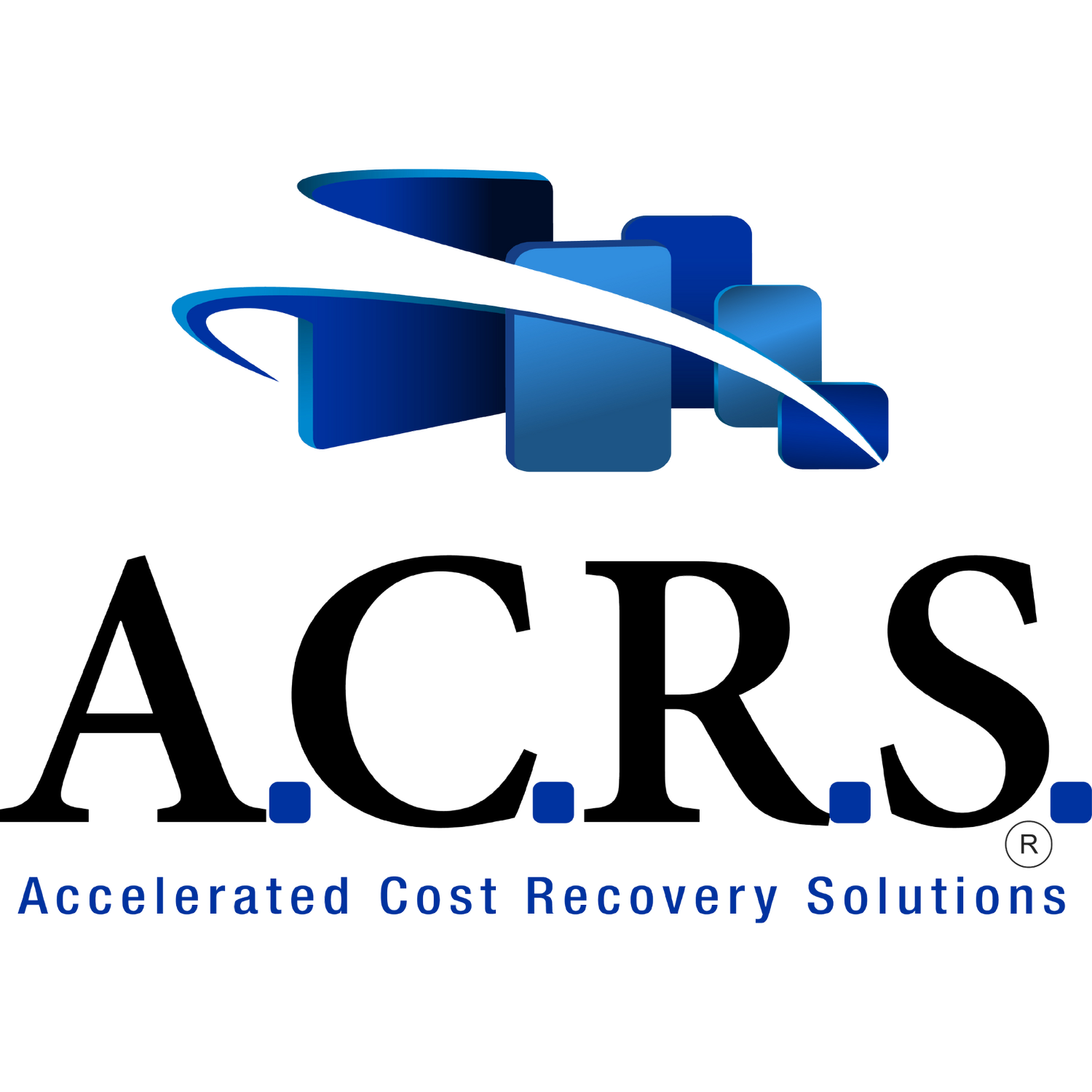
Frequently Asked Questions
FAQs
1. What is cost segregation?
Cost segregation is a tax planning technique that allows property owners to accelerate the depreciation of certain building components, resulting in significant tax savings.
2. How does cost segregation work?
A cost segregation study identifies components of a building that can be reclassified as personal property or land improvements, which can be depreciated over a shorter period of time, such as 5, 7, or 15 years. This allows property owners to accelerate the depreciation deductions and reduce their taxable income.
3. What types of properties are eligible for cost segregation?
Commercial and residential properties are eligible for cost segregation, including office buildings, retail stores, warehouses, hotels, apartment buildings, and more.
4. How much tax savings can I expect from a cost segregation study?
The tax savings generated by a cost segregation study can vary depending on factors such as the size and type of the property, the reclassification of assets, and the taxpayer's tax bracket.
However, it is common for property owners to achieve significant tax savings, often in the range of 10% to 30% of the total cost of the building.
5. Is a cost segregation study expensive?
The cost of a cost segregation study can vary depending on the size and complexity of the property, but the tax savings generated by the study often far outweigh the cost of the study itself.
6. How long does a cost segregation study take?
The timeline for a cost segregation study can vary depending on the size and complexity of the property, but a typical study can be completed within 6 to 12 weeks.
7. Can I apply cost segregation to a property that has already been depreciated?
Yes, it is possible to apply cost segregation to a property that has already been depreciated. An amended tax return can be filed to claim the additional depreciation deductions from the reclassified assets.
8. Why do I need to hire a specialized tax consultant to perform a cost segregation study?
It is highly recommended to hire a specialized tax consultant who has expertise in engineering, construction, and tax law to perform a cost segregation study. The consultant will ensure that the study is accurate and complies with all relevant tax laws and regulations, maximizing your tax savings.

